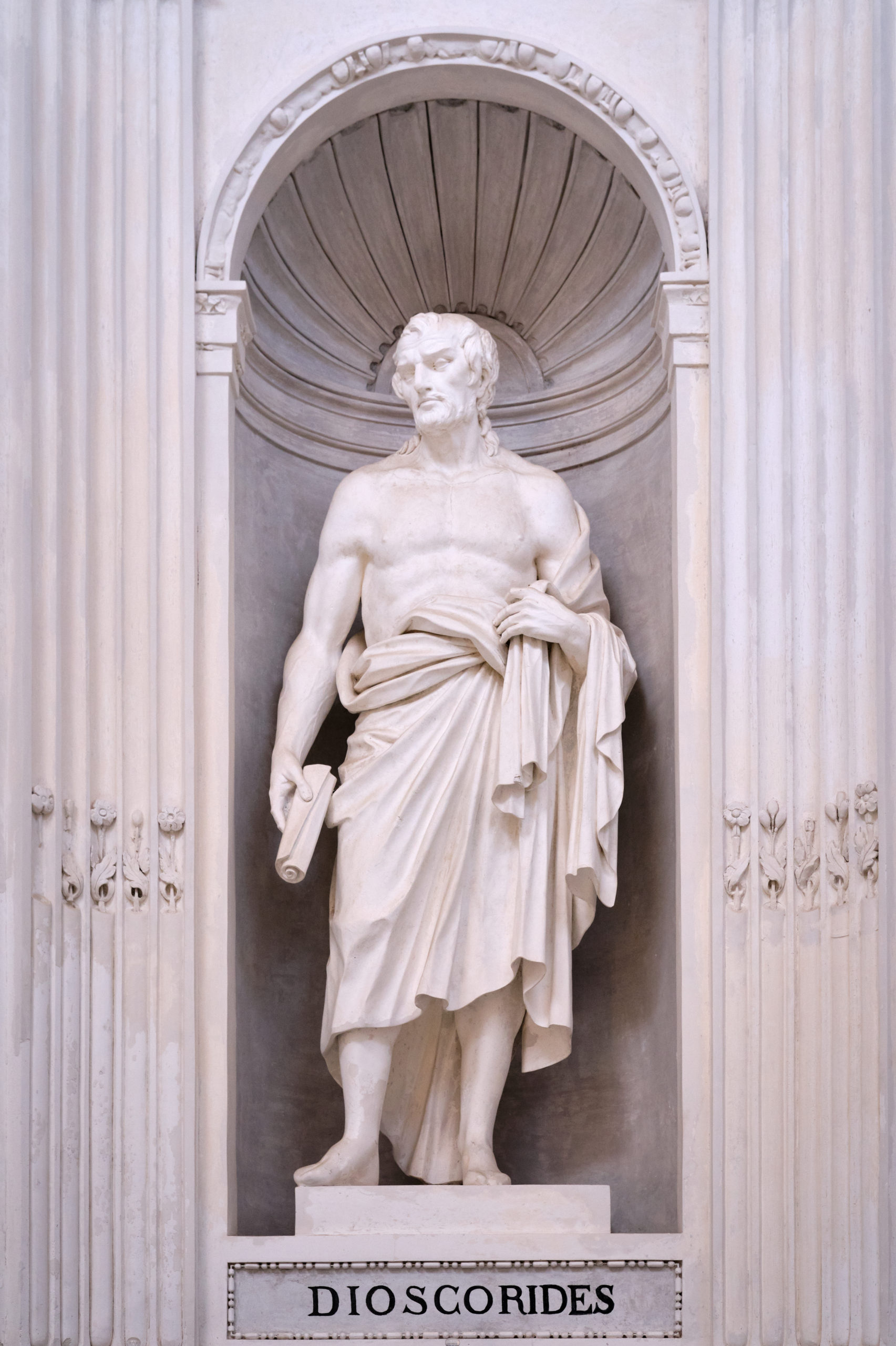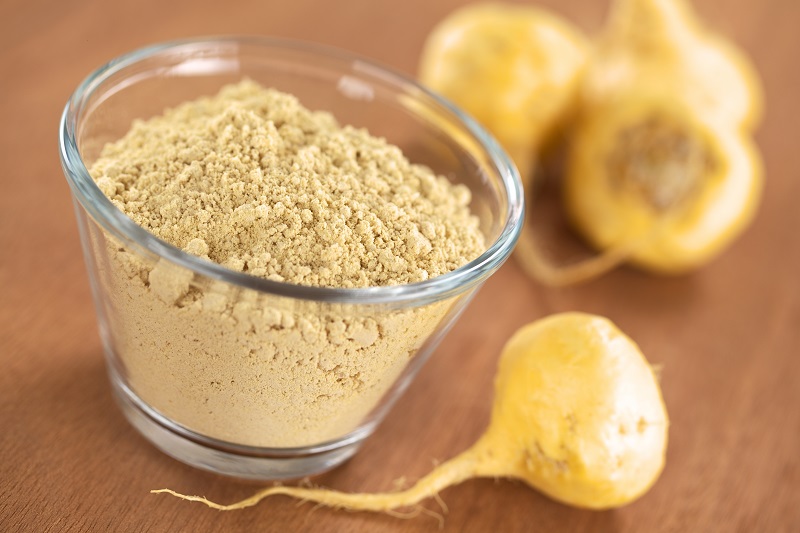Historical Herbalists: Dioscorides
Introduction
Pendanius Dioscorides, a Greek physician from the first century, is known for his contributions to pharmacology through his publication De Materia Medica.1 As a matter of fact, Dioscorides, originally from the region now known as Turkey, served as a surgeon in the Roman army under Nero.2
De Materia Medica
De Materia Medica has always remained in circulation,1 which is a testament to the important medical knowledge gained by those who studied it. In fact, De Materia Medica was translated into at least seven languages from the original Greek, including Arabic and Latin.2 The text describes close to 600 plants and animals3 and also includes drugs derived from chemicals. All in all, it covers about 1,000 simple drugs.2 His method of investigation and experimentation with herbs is still a crucial lesson in modern medicine.4
Father of Pharmacology
Dioscorides began writing De Materia Medica around 50 A.D. and continued writing it for the next 20 years.5 Then, the medical community used the text for over 1,500 years as a pharmacological and botanical terminology reference.2 Furthermore, the focus of this 5-book volume of work was to study the preparation and properties of drugs.4 Hence, it is the basis of all modern pharmocopeias1 and Dioscorides became the father of pharmacology.3
Sources
1 – Pedanius Dioscorides – Wikipedia
2 – Pedanius Dioscorides | Greek physician and pharmacologist – Britannica
3 – Materia Medica – World Digital Library







